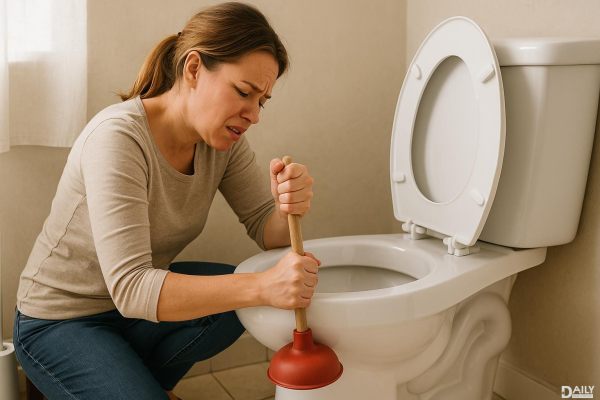If you're tossing and turning at night, you're not alone—millions of people struggle with sleep, and magnesium often gets tossed into the conversation as a potential fix. But does it actually work? According to Dr. Emmanuel During, a sleep medicine specialist at Stanford Health Care, the answer is... maybe? The truth is, we don’t have enough solid research to say for sure. Most of the hype around magnesium comes from personal testimonials rather than hard science. So while some people swear by it, the jury’s still out on whether magnesium is a legit sleep aid or just another wellness trend.
The Science (or Lack Thereof) Behind Magnesium and Sleep
Magnesium plays a role in over 300 biochemical reactions in the body, including muscle relaxation and nervous system regulation—two things that sound like they’d be great for sleep, right? The problem is, when it comes to actual sleep studies, magnesium hasn’t been put under the microscope enough. Dr. During points out that most claims about magnesium improving sleep are anecdotal, meaning they’re based on personal experiences rather than controlled clinical trials. Without objective data—like brain wave measurements or sleep lab observations—it’s tough to say whether magnesium truly helps or if it’s just a placebo effect. So while it’s not a bad option, it’s not a guaranteed solution either.
Why Some People Swear By Magnesium for Sleep
Even though the research is thin, plenty of people report better sleep after taking magnesium. Why? One theory is that magnesium deficiency could be messing with sleep quality. Low magnesium levels have been linked to restless legs syndrome, muscle cramps, and even anxiety—all of which can wreck your shut-eye. If someone’s diet is lacking in magnesium-rich foods (think leafy greens, nuts, and whole grains), supplementing might help correct that imbalance and, in turn, improve sleep. But here’s the catch: if you’re not deficient, popping magnesium pills probably won’t do much. So before you stock up, it might be worth checking in with a doc to see if you’re actually low on the stuff.
Melatonin vs. Magnesium: Which One Actually Works?
While magnesium’s sleep benefits are still up for debate, melatonin has a bit more scientific backing. Unlike magnesium, melatonin is a hormone your body naturally produces to regulate sleep-wake cycles. Supplementing with it can be helpful for jet lag, shift work, or occasional insomnia—especially if your internal clock is out of whack. But Dr. During cautions that melatonin isn’t a magic bullet either. It’s not a sedative, so it won’t knock you out like a sleeping pill. Instead, it helps signal to your brain that it’s time to wind down. The key difference? Melatonin has been studied more extensively, so we at least have some data to support its use for certain sleep issues.
The Risks of Relying on Supplements for Sleep
Here’s the thing about sleep aids—whether it’s magnesium, melatonin, or something else—they’re not a long-term fix. Over-relying on supplements can mask underlying sleep problems, like stress, poor sleep hygiene, or even sleep disorders like sleep apnea. Plus, supplements aren’t regulated as strictly as medications, so quality and dosage can vary wildly between brands. Some people might experience side effects like digestive issues from magnesium or grogginess from melatonin. The best approach? Use supplements as a short-term tool while working on the root causes of your sleep struggles, like cutting back on caffeine, setting a consistent bedtime, or reducing screen time before bed.
What Actually Helps If Magnesium Doesn’t Cut It?
If magnesium isn’t doing the trick, don’t panic—there are other evidence-backed ways to improve sleep. Cognitive Behavioral Therapy for Insomnia (CBT-I) is considered the gold standard for chronic sleep issues. It focuses on changing thought patterns and habits that mess with sleep, and studies show it’s often more effective than medication in the long run. Other sleep hygiene tweaks, like keeping your bedroom cool and dark, avoiding late-night snacks, and establishing a wind-down routine, can also make a big difference. And if you’ve tried everything and still can’t catch a break, it might be time to see a sleep specialist to rule out any underlying conditions.
At the end of the day, magnesium might help some people sleep better, but it’s not a one-size-fits-all solution. Until more research comes out, it’s worth approaching it with cautious optimism—and maybe pairing it with some tried-and-true sleep habits for the best shot at better rest.
























